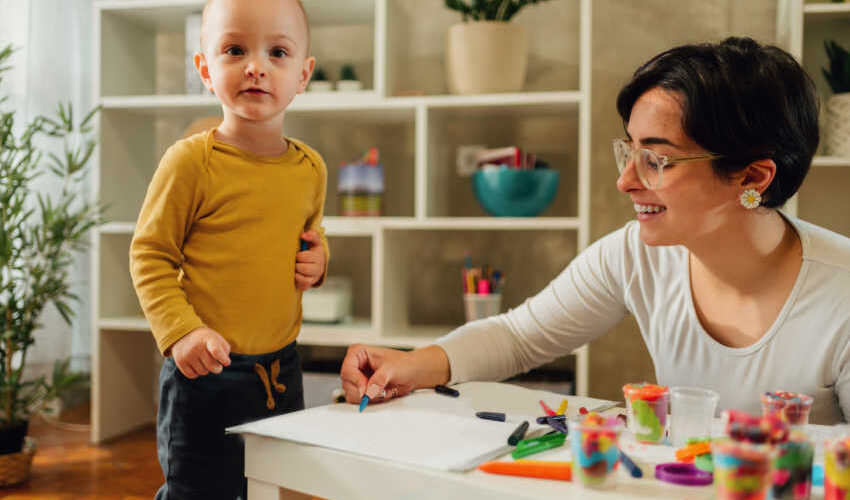Benefits of Arts and Crafts for Foster Children
When you welcome a foster child into your home, their minds and bodies are still developing, and their time in your care will have a significant impact on this. For example, you can create opportunities to grow and help them form positive relationships using the power of arts and crafts. According to experts, arts and crafts are one of the most important means of development for children aged 3-8 – we discuss why below.
Quality Time and Bonding
During your foster carer induction with a reputable agency such as orangegrovefostercare.co.uk, you’ll be told about the importance of spending quality time with your foster children. By sharing arts and crafts experiences, you will find it much easier to form a positive bond with the children in your care.
While you’re doing art projects together, your foster child is benefiting from time spent away from a computer screen, and it allows you to have meaningful conversations. As well as this, you’re helping them to develop cherished memories that they’ll keep close to forever.
Self-Esteem
Foster children experience trauma during their childhoods, and this can lead to low self-esteem, which you need to help rebuild. Luckily, arts and crafts are a great platform for boosting confidence. After all, after finishing an art project, your foster child will be full of pride. As well as feeling proud, the process of art will teach them that making mistakes is okay, and it will even help to promote patience.
The power of arts and crafts to boost your foster child’s self-esteem should not be underestimated.
Creativity
Arts and crafts allow children to practise self-expression, which is essential when it comes to managing and expressing emotions. By having the opportunity to try new things and solve problems, a child’s brain will flourish.
Mathematic Principles
Maths and art aren’t typically associated with each other, but they’re more linked than you’d believe. For example, many crafts involve connecting shapes and counting/measuring supplies, which all contribute to mastering those essential math skills.
Naturally, the mathematical thinking used in the art will help to develop problem-solving and logical thinking, which will be extremely valuable in life.
Literacy
Early years literacy involves reading and understanding instructions, which can be achieved through arts and crafts. Additionally, while completing a craft, children have the opportunity to discuss their work and improve their speech and logical thinking. For example, you can ask why they chose certain colours.
Motor Skills
Arts and crafts typically involve toying with materials, which uses small muscles in the hand. When children use these muscles, it’s referred to as fine motor skill development, which improves bilateral coordination (the use of both hands simultaneously).
Everything from glueing to painting to cutting will help with this, and mastering fine motor skills early will allow them to carry out tasks independently.
The power of arts and crafts for foster children is undeniable. Not only will it help them to develop both mentally and physically, but it also gives you the perfect opportunity to open lines of communication and strengthen your bond.

